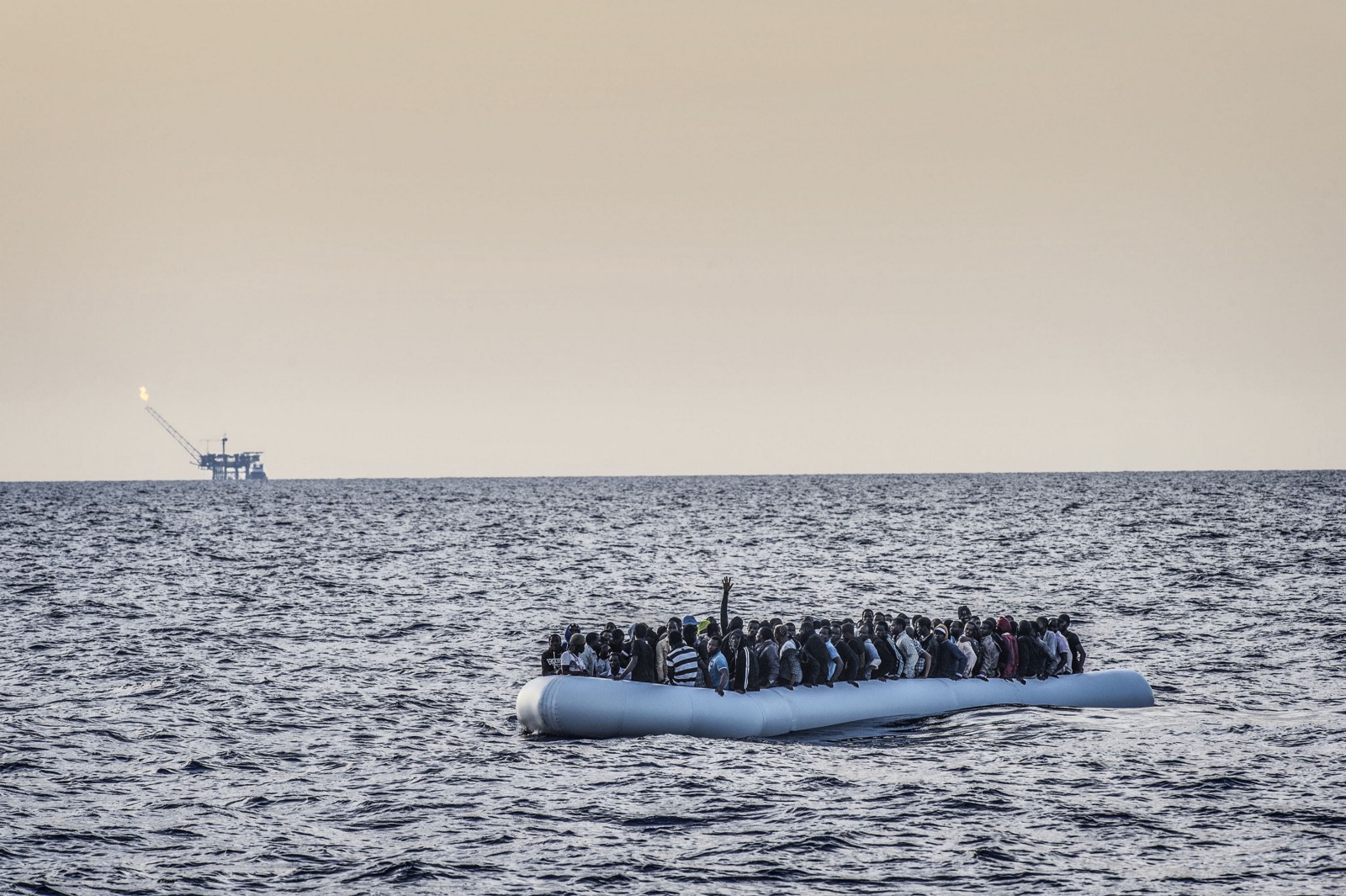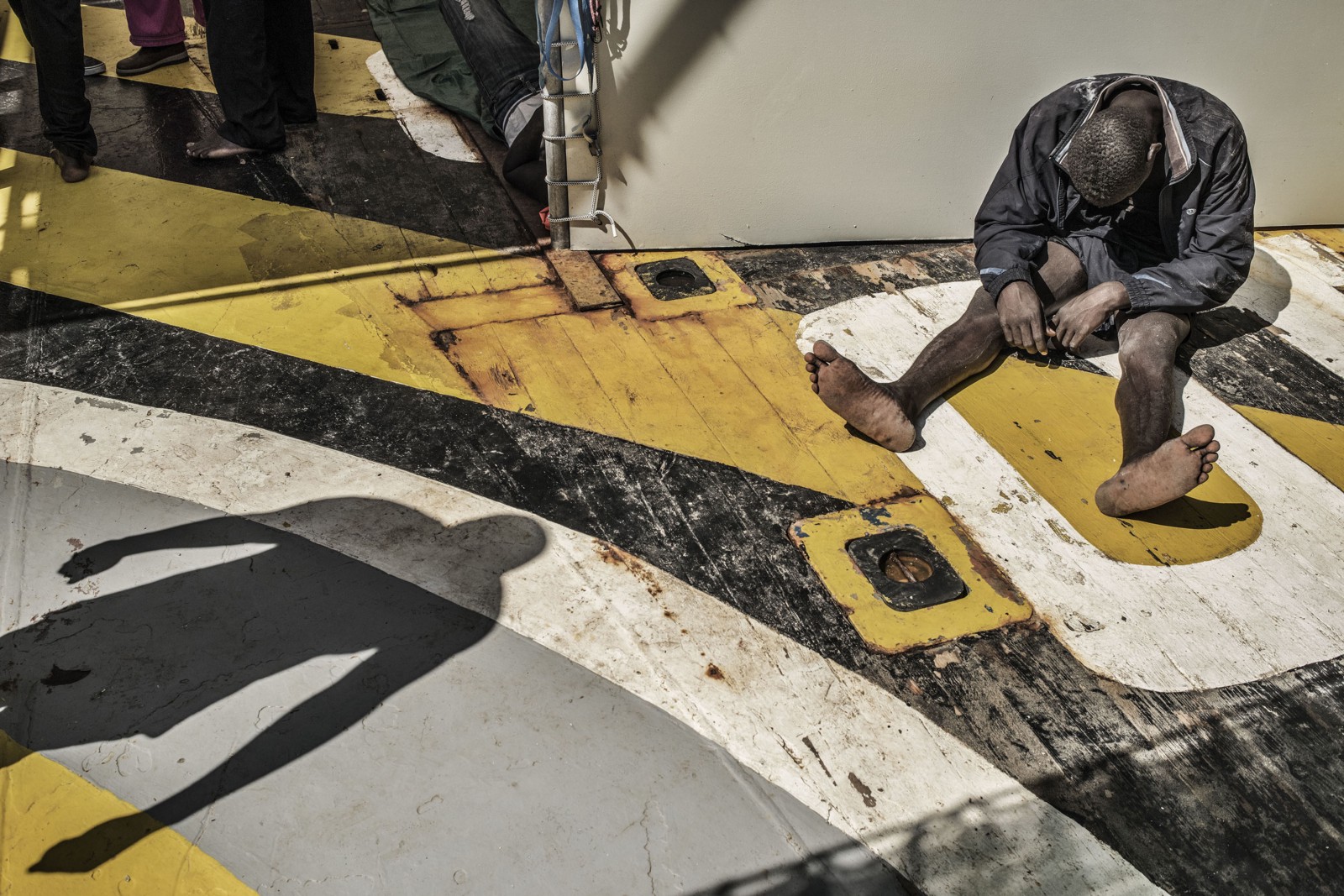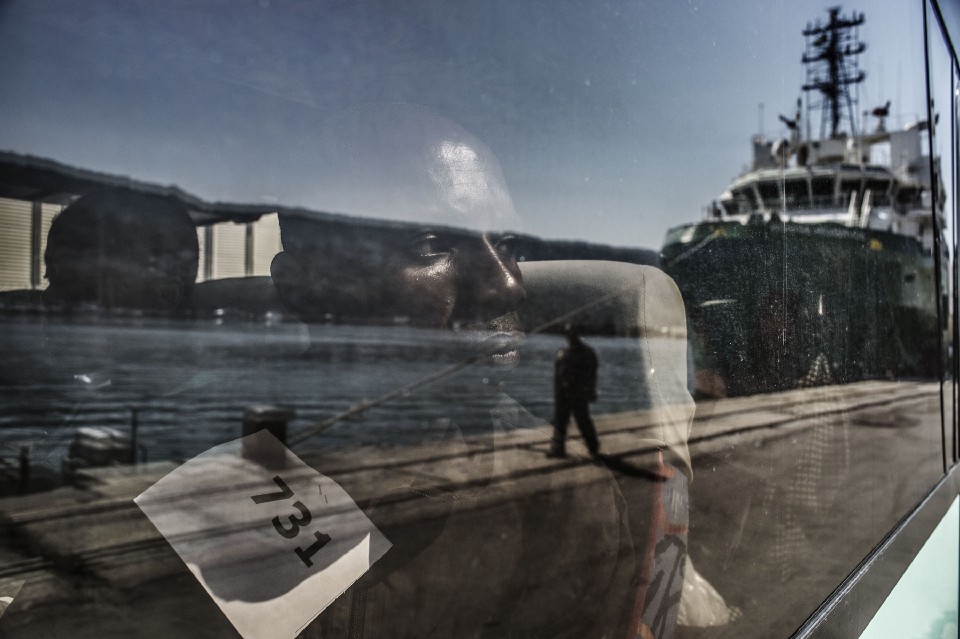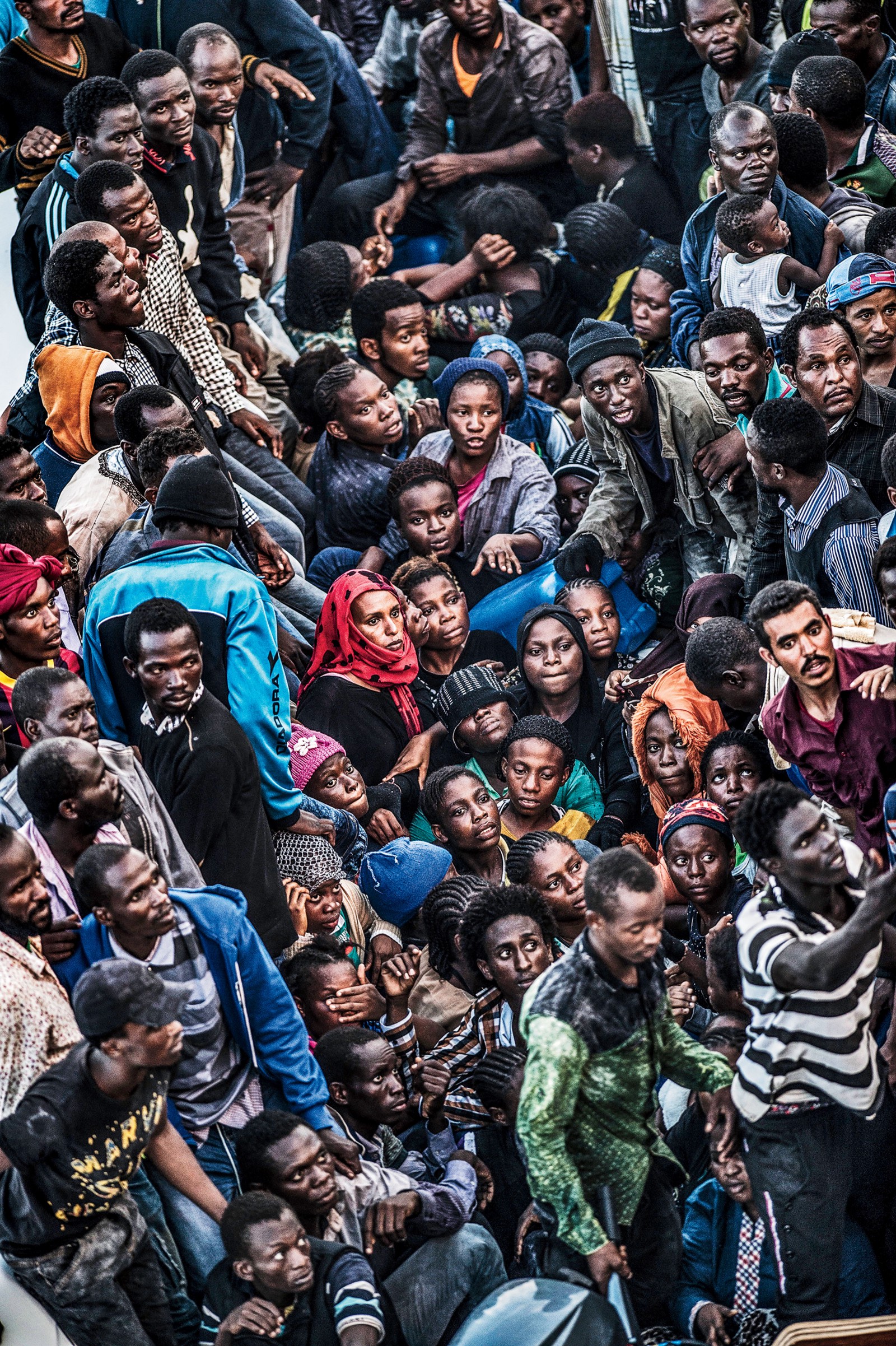Eritrea, a sliver of a nation wedged between Sudan, Ethiopia, and the Red Sea, is experiencing an exodus at a scale rivaled only by war-torn Syria. An estimated 200,000 Eritreans have left the country of six million since 2009. When three United Nations commissioners were denied entry by the government to investigate human rights violations, they instead surveyed roughly 700 Eritreans who had recently migrated to neighboring states like Ethiopia, or as far as northern Europe and the United States. Many emigrants, describing their reasons for leaving, cited a nationwide system of mass surveillance designed to ensure that nobody evades forced labor or conscription, and that everybody stays loyal to the government. “In Eritrea, everyone is a spy — local housewives, farmers, they know when you arrive and when you leave,” one Eritrean told the U.N. investigators. “Your own neighbors report you to the authorities.” Issued last June, the report — which the Eritrean government has aggressively disputed — indicates that torture and detention are common punishments for those accused of political disloyalty or socially “deviant” behavior.
Meanwhile, an estimated 5,000 Eritreans per month are heading north across the Sahara to Libya’s Mediterranean coast, where they board rickety boats bound for Italy. Last summer, the international medical relief organization Médecins Sans Frontières (Doctors Without Borders) had three ships patrolling the Mediterranean to rescue refugees from overloaded, sinking vessels. In August, photographer Francesco Zizola joined a series of rescue missions on board the Bourbon Argos, where he took the images that appear below.
Not all of the passengers rescued on those missions were Eritrean. MSF also reported Nigerians, Gambians, and Somalis aboard. The instabilities driving the so-called refugee crisis in the region are too numerous and disparate for bodies like the U.N. and the European Union to mount a coherent response. So the exodus continues. Migrants now represent a larger share of the population than at any time in recorded history.














